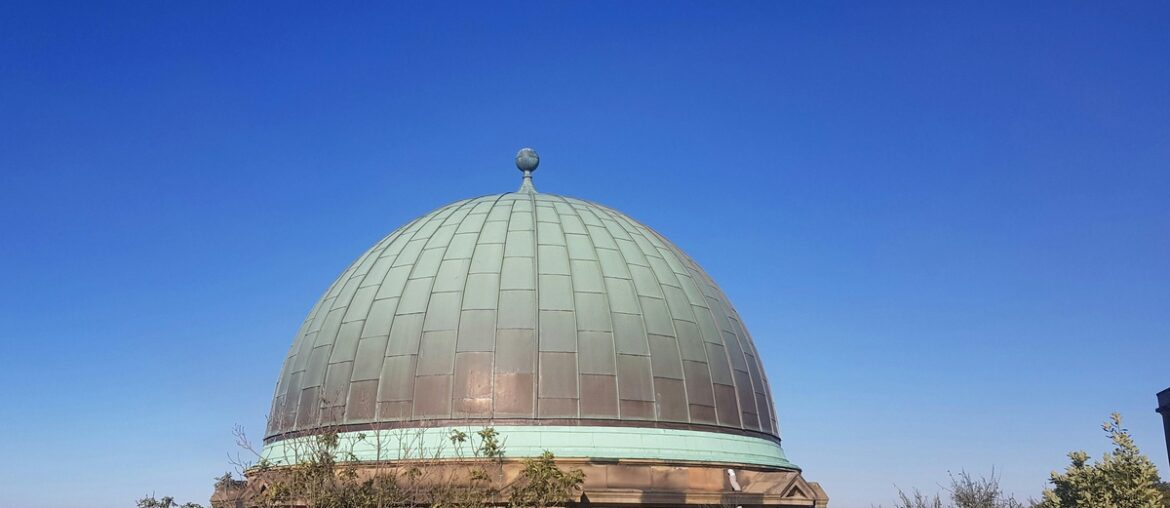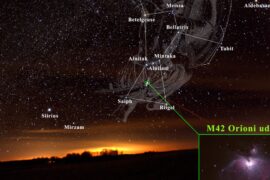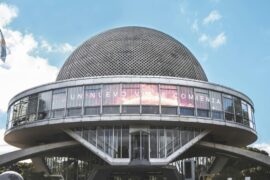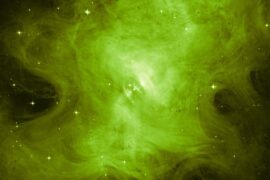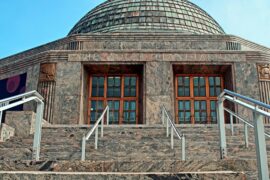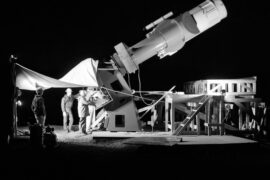Tennessee’s mix of dark rural skies and university programs makes it a natural place for both amateur stargazers and professional researchers to set up observatories. From small community telescopes to campus-run domes, the state’s network supports education, outreach, and research across varied landscapes.
There are 12 Observatories in Tennessee, ranging from Austin Peay State University Observatory to Vanderbilt Dyer Observatory. For each entry I list City,Coordinates (lat, long),Telescope & access so you can compare locations, instrument size, and visiting options — you’ll find below.
Can members of the public attend observing nights at these observatories?
Many facilities host public nights or outreach events, but policies vary: university observatories may limit access to students and scheduled public sessions, while community or planetarium-affiliated sites often welcome drop-in visitors; always check the observatory’s calendar or contact them before you go.
How reliable are the coordinates and access details in the list?
Coordinates are based on public records and are generally accurate for mapping, but access rules, hours, and available instruments change; treat the table as a starting point and confirm current details on an observatory’s official site or by phone before planning a visit.
Observatories in Tennessee
| Name | City | Coordinates (lat, long) | Telescope & access |
|---|---|---|---|
| Vanderbilt Dyer Observatory | Brentwood | 36.0396, -86.8436 | 61 cm. Public telescope nights, lectures, and special events offered regularly. |
| Bays Mountain Park Observatory | Kingsport | 36.5029, -82.6468 | 81 cm. Regular public and private astronomy programs available. |
| Clarence T. Jones Observatory | Chattanooga | 35.0336, -85.2016 | 51 cm. Free public viewing nights on a regular schedule. |
| Rhodes College Observatory | Memphis | 35.1557, -89.9898 | 51 cm. Public viewing nights offered during the academic year. |
| Orion Observatory | Millington | 35.3235, -89.8143 | 51 cm. Public viewing nights held monthly, weather permitting. |
| Austin Peay State University Observatory | Clarksville | 36.6212, -87.3571 | 51 cm. Free public viewing nights offered monthly. |
| Jack C. Davis Observatory | Jefferson City | 36.1331, -83.4735 | 41 cm. Public viewing nights hosted on clear Saturday evenings. |
| MTSU Observatory | Murfreesboro | 35.8459, -86.3702 | 41 cm. Public star parties held monthly. |
| ETSU Observatory | Johnson City | 36.3023, -82.3686 | 41 cm. Public viewing nights offered on a regular schedule. |
| Howell Observatory | Sewanee | 35.2045, -85.9221 | 61 cm. Public viewing sessions available during the academic year. |
| Three Rivers Observatory | Burns | 36.0954, -87.2798 | 81 cm. Primarily for members; check website for rare public events. |
| UTK Rooftop Observatory | Knoxville | 35.9566, -83.9298 | 41 cm. Public viewing nights on the first Friday of each month. |
Images and Descriptions
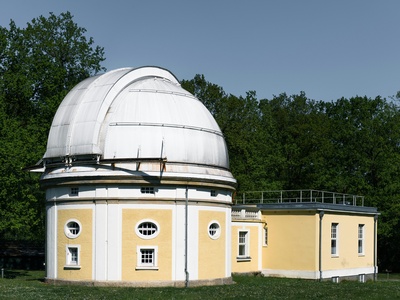
Vanderbilt Dyer Observatory
Operated by Vanderbilt University, this historic observatory provides science education and public outreach. Its beautiful hilltop location in Radnor Lake State Park makes it a popular destination for stargazers and families just outside of Nashville.
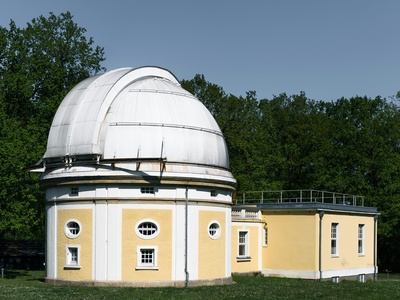
Bays Mountain Park Observatory
Located within a 3,750-acre nature preserve, this facility boasts one of the largest public-access telescopes in the eastern U.S. It offers incredible views and educational programs for all ages, making it a key regional astronomy hub.
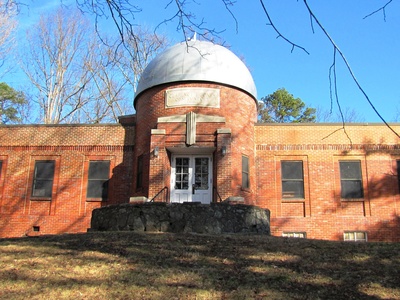
Clarence T. Jones Observatory
Operated by the University of Tennessee at Chattanooga, this historic observatory has been serving the community since 1936. It features a beautiful Art Deco design and provides fantastic opportunities for the public to engage with astronomy.
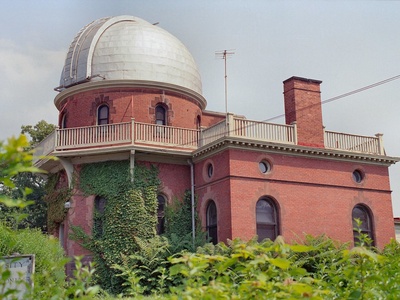
Rhodes College Observatory
Situated atop the physics building on the Rhodes College campus, this modern observatory serves both students and the Memphis community. It offers excellent opportunities to view celestial objects through its powerful Ritchey-Chretien telescope.
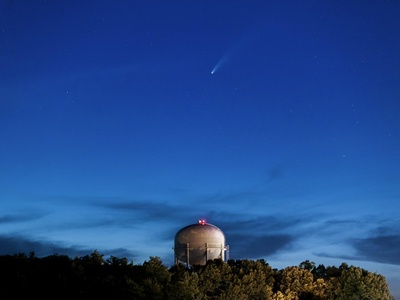
Orion Observatory
Home to the Memphis Astronomical Society, this observatory is located at a dark sky site in Shelby Forest. It’s a fantastic resource for the public, providing free access to powerful telescopes and knowledgeable amateur astronomers.
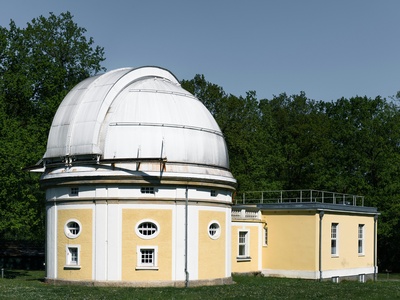
Austin Peay State University Observatory
Located at the APSU Farm & Environmental Education Center, this observatory provides hands-on learning for students and the community. Its powerful telescope offers breathtaking views of planets, nebulae, and distant galaxies during public sessions.
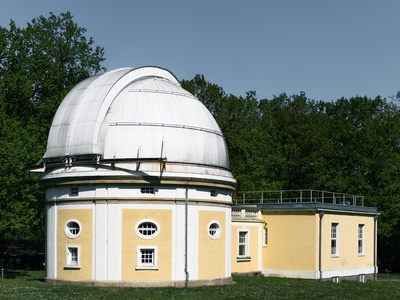
Jack C. Davis Observatory
Part of Carson-Newman University, this observatory features a main telescope and a solar telescope. It is a welcoming place for the public to learn about the cosmos from university staff and enjoy views of the night sky.
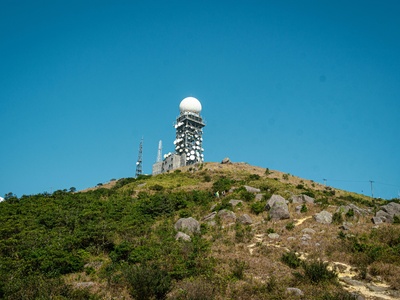
MTSU Observatory
Middle Tennessee State University operates this modern, automated observatory primarily for research and education. It also opens its doors to the public for monthly star parties, offering a chance to see the universe through a high-quality instrument.
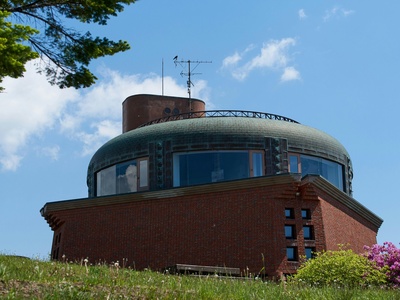
ETSU Observatory
Located on the campus of East Tennessee State University, this facility supports astronomy education for students and the local community. The observatory hosts free public viewing sessions, providing a gateway to the stars in northeast Tennessee.
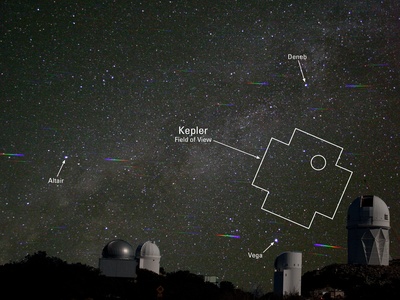
Howell Observatory
Part of the University of the South, the Howell Observatory is used for student instruction and public outreach. Located in a scenic, rural setting, it provides excellent opportunities for celestial observation for both the campus and surrounding communities.
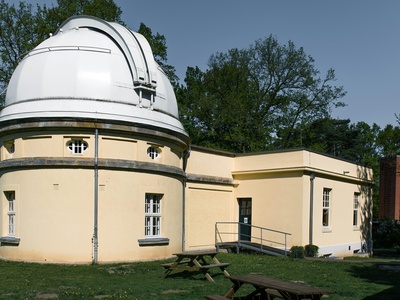
Three Rivers Observatory
Operated by the Barnard-Seyfert Astronomical Society, this is a private facility located at a dark sky site. It houses a massive amateur-built telescope, one of the largest in the region, used by dedicated club members for observation and astrophotography.
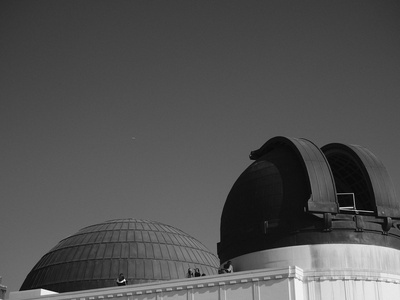
UTK Rooftop Observatory
The University of Tennessee, Knoxville’s Department of Physics and Astronomy hosts public nights at its rooftop observatory. Located atop the Nielsen Physics Building, it offers a convenient urban location for students and locals to explore the night sky.
Enjoyed this article?
Get daily 10-minute PDFs about astronomy to read before bed!
Sign up for our upcoming micro-learning service where you will learn something new about space and beyond every day while winding down.

